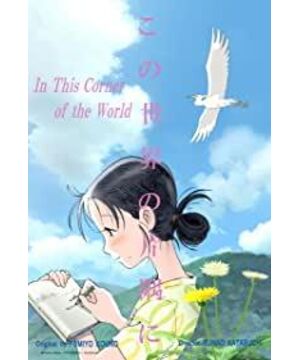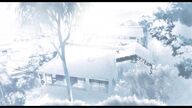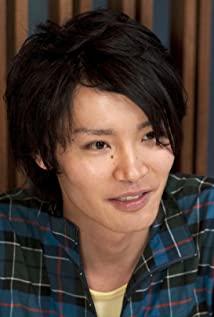Can a limited perspective explain "a certain consciousness" or the "unjustifiable absence" of a "certain ism"? I'm afraid it can't. But after seeing many criticisms of this film for "spiriting for militarism", I think it is inappropriate. In view of the background of the story, it is impossible to pit the individual against the state to require Japanese society to complete its own war thinking. Although, for the Second World War, there has been a very clear historical evaluation. But in literary and artistic creation: we can't just let the characters be shaped hastily as a tool to express a certain "supreme" thought.
From an inexperienced, even dull girl, Ling gradually saw the lies of war.
She hated herself for having become clear at this time. After the ordinary people had already endured great pain, the imperial government still used the so-called "Yuyin Broadcasting" and "End War Edict" to whitewash the result of the defeat. Faced with choices all the time, the cowering bell, the submissive, gentle bell broke out:
It turned out that the words that once made oneself strong and fought bravely turned out to be mere high-sounding excuses and lies. Anger and confusion collided in an instant:
"Our past has just vanished; things that I have always considered reasonable and reasons that I have endured have all flown away... The rice and soybeans from the sea... are all made of those things... ...so we have to give in to violence?!
Ah... I hope I'm still that girl who doesn't think about anything and only stays in a daze. "
In my opinion, these words are so precious. "The Katana of the World" is an excellent anti-war theme from the perspective of civilians: it depicts life with extremely detailed brushstrokes, but it does not indulge in some kind of "deliberately tragic illusion", the whole film itself is sober, especially , When Wu Shixian was attacked by the air, and saw the egret breaking into his yard, Ling hurriedly said: Hurry up, fly over that mountain and fly to Hiroshima!
When Ling first got married, when her husband's family was not going well, she would often think of her hometown, where she was familiar with the summer and her childhood... It was a sanctuary she cherished. "It's safe to fly there, and it's okay to fly there."
On August 6, 1945, Hiroshima was a purgatory on earth.
PS: Generally speaking, this kind of subject matter will have some controversy among Chinese audiences, but what I want to say is that most of the comments are disappointing, you can't tell if they are watching carefully After the whole film, it is just eager to sell a face of a "non-rewarded", so casual, so indifferent.
View more about In This Corner of the World reviews











